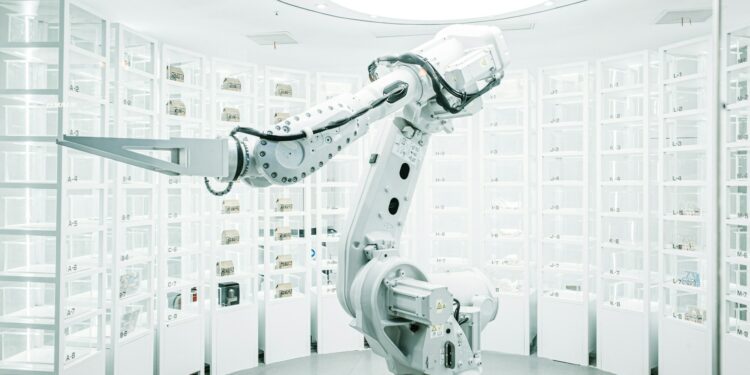The technology is only going to get better.
A recent study reveals that artificial intelligence (AI) has the capability to equal or surpass human eye doctors in diagnosing and treating glaucoma, as reported in the journal JAMA Ophthalmology on February 22nd.
Researchers found that the GPT-4 system developed by OpenAI demonstrated comparable or superior performance to ophthalmologists when evaluating 20 different patients for glaucoma and retinal disease. Dr. Louis Pasquale, the senior author of the study and deputy chair for ophthalmology research at the New York Eye and Ear Infirmary of Mount Sinai, noted the surprising proficiency of AI in accurately diagnosing and recommending treatment for both glaucoma and retinal issues, matching the expertise of human doctors in clinical note format.
This discovery suggests that AI could serve as a valuable tool to support ophthalmologists in managing glaucoma cases, akin to how applications like Grammarly enhance writing skills. Dr. Pasquale emphasized the potential of AI, particularly GPT-4, to offer guidance on documenting patient exam findings, thereby improving clinical practice.
Glaucoma poses a significant diagnostic challenge, with approximately half of affected individuals in the United States unaware of their condition, according to the American Academy of Ophthalmology. The condition arises from increased fluid pressure within the eye, resulting in optic nerve damage and vision impairment.
In the study, researchers administered a standardized set of 20 questions related to glaucoma and retinal disease to evaluate the AI program against a panel of 12 attending ophthalmologists and three senior trainees. The analysis revealed that AI surpassed human doctors in diagnosing and managing glaucoma and matched their accuracy in diagnosing retinal disease while exceeding them in thoroughness.
Dr. Andy Huang, the lead researcher and an ophthalmology resident at the New York Eye and Ear Infirmary of Mount Sinai, highlighted the potential of AI to aid in the treatment of eye diseases. He noted that AI could serve as a dependable assistant to eye specialists, offering diagnostic support and potentially reducing their workload, particularly in complex cases or high patient volume settings. Integration of AI into ophthalmic practice could lead to quicker access to expert advice for patients, facilitating more informed decision-making regarding their treatment options.

































Discussion about this post